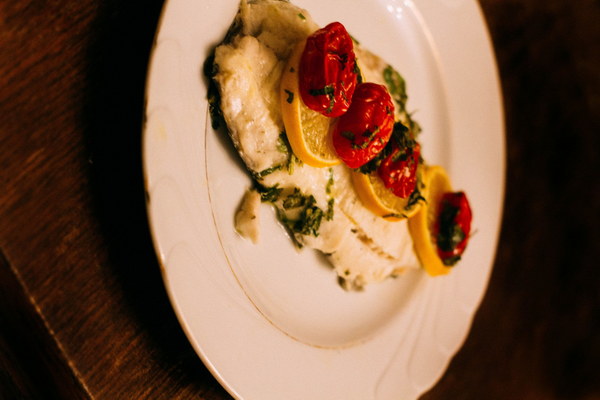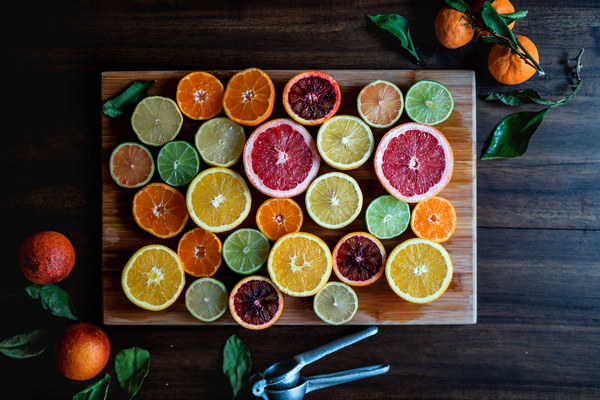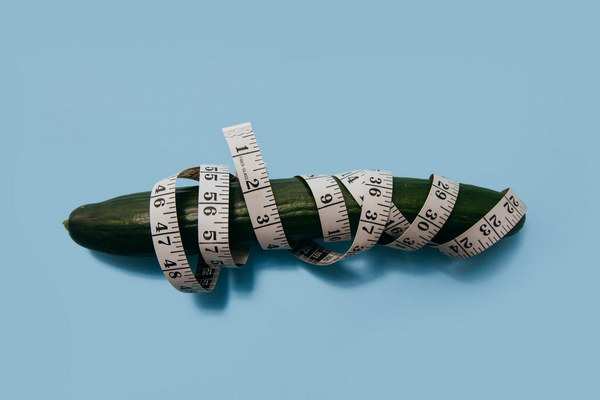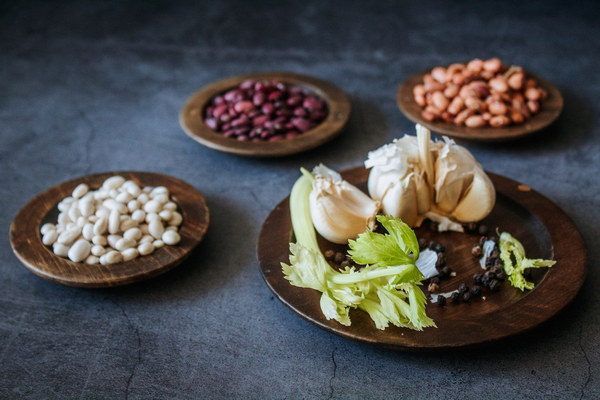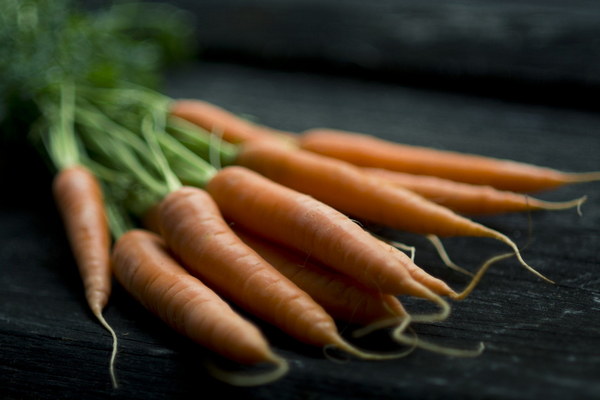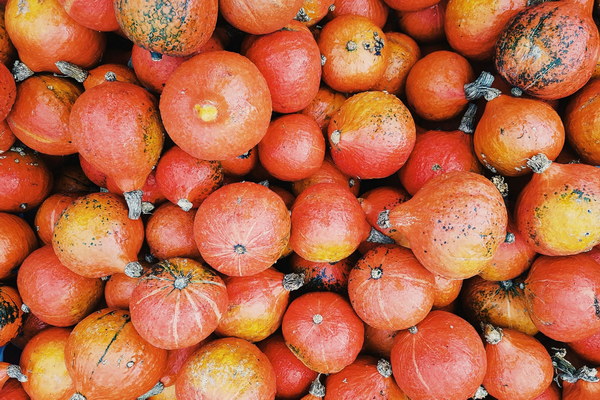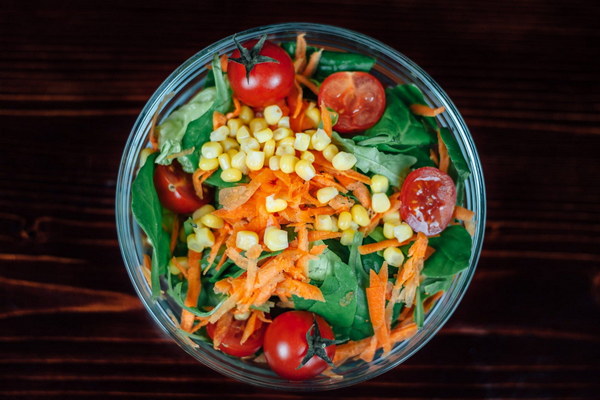Maximizing the Benefits of Winter Nourishment The Optimal Time for Winter Tonification During the Winter Solstice
As the year draws to a close and the winter solstice approaches, the natural world begins to slow down, and the body responds by seeking nourishment and warmth. The ancient wisdom of Chinese medicine teaches us that the best time to replenish and strengthen our bodies is during the coldest months, particularly around the time of the winter solstice. This article delves into the significance of the winter solstice and offers insights into the optimal time for winter tonification to ensure a healthy and balanced body throughout the colder months.
The winter solstice, also known as Dong Zhi in Chinese, marks the shortest day and longest night of the year. It is a time when the yin energy, which is associated with cold, darkness, and stillness, reaches its peak. In contrast, the yang energy, which represents warmth, activity, and growth, is at its lowest. This imbalance calls for the body to conserve energy and focus on internal healing and rejuvenation.
According to traditional Chinese medicine, the best time to tonify the body during the winter solstice is between 11 PM and 1 AM. This period is known as the Guan Chi, or O'clock in Chinese, and it is when the liver and gallbladder are most active. The liver is responsible for storing and filtering blood, while the gallbladder aids in the digestion and absorption of nutrients. By focusing on these organs during the winter solstice, we can maximize the benefits of winter tonification.

To make the most of this vital time for rejuvenation, consider the following tips:
1. Create a peaceful and quiet environment: During the Guan Chi, it is essential to minimize distractions and create a serene atmosphere. This will help the body relax and focus on healing processes.
2. Practice gentle yoga or tai chi: These gentle forms of exercise help to stimulate the liver and gallbladder, promoting energy flow and reducing stress. Focus on poses that open up the chest and stimulate the liver meridian, such as Cat-Cow Stretch and Child's Pose.
3. Follow a nourishing diet: Incorporate foods that are rich in vitamins, minerals, and antioxidants to support the body's healing process. Foods such as liver, nuts, seeds, and dark leafy greens can help strengthen the liver and gallbladder. Additionally, warming spices like ginger, cinnamon, and turmeric can help boost the body's resistance to cold and flu.
4. Prioritize sleep: During the winter solstice, it is crucial to get adequate rest and sleep. Aim for 7-9 hours of quality sleep each night, and try to go to bed early to align with the natural rhythm of the season.
5. Practice mindfulness and meditation: Engaging in mindfulness practices can help you stay grounded and balanced during the winter solstice. Focus on breathing exercises, visualization techniques, or simply sit in silence and observe your thoughts and feelings without judgment.
By focusing on the liver and gallbladder during the winter solstice, you can support the body's natural ability to store energy and build resilience for the colder months ahead. Remember, the key to winter tonification is not just about what you do during the Guan Chi, but also about maintaining a holistic approach to your health and well-being throughout the entire season.
In conclusion, the winter solstice is a powerful time for replenishing and strengthening the body. By embracing the optimal time for winter tonification and following these tips, you can ensure that your body is well-prepared to face the challenges of the cold season. Embrace the ancient wisdom of Chinese medicine and let the winter solstice be a time of renewal and rejuvenation.
